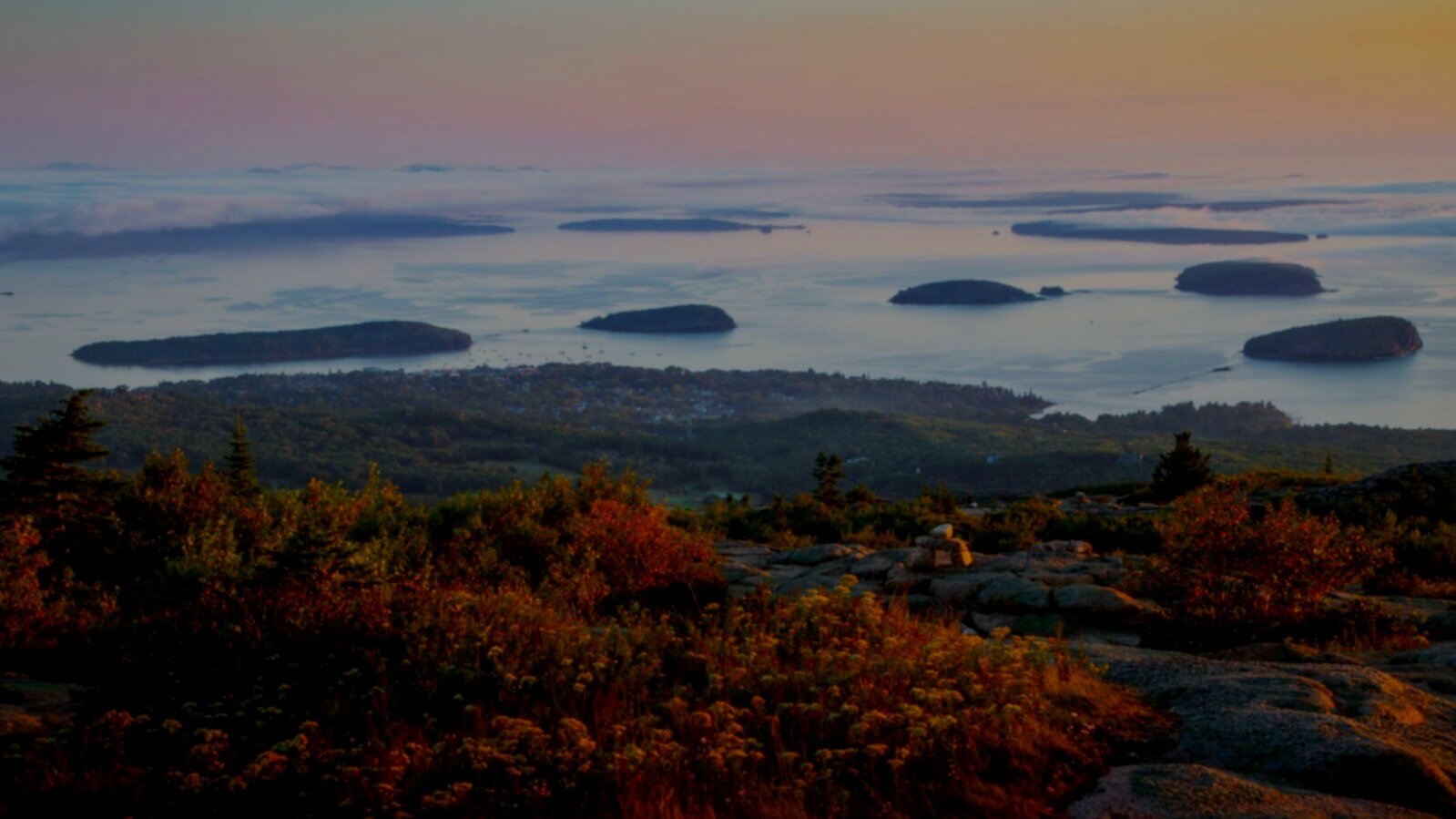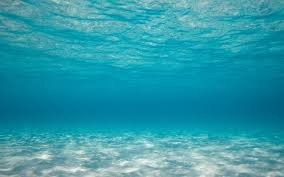
Indigenous Climate Adaptation Scholar Program
in partnership with College of the Atlantic (COA) and The Woods Hole Oceanographic Institution (WHOI).
So far in 2023, through the ICASP, our scholar Evii Tong, with the help of the prestigious Woods Hole Oceanographic Institute and (WHOI)’s Dr. Anne Cohen, has developed the Thermo-Tolerant Coral Program, which has blossomed remarkably. This ambitious initiative, which works in partnership with prestigious organizations such as the Woods Hole Oceanographic Institution, Stanford University, University of Queensland, and National Geographic, has signified and evangelized a shared dedication and immediacy towards preserving and restoring our invaluable oceanic ecosystems.
During this initiative, Evii has presented his coral research to an eager worldwide audience of students, academics, thought leaders, and policy makers. This cross-cultural dialogue and exchange of ideas lie at the heart of Pole to Pole Conservation's vision. He recently returned from a one month expedition led by National Geographic to the Southern Line Islands, where he served as both a coral specialist as well as an ambassador to his home country of Kiribati.
Challenges
The complexity, unpredictability, and pace of events in our world, and the severity of global environmental stress, are soaring.
According to the Global Internal Displacement Center, since 2008, an average of 24 million people have been displaced by catastrophic weather events each year.
This is exacerbated by sea-level rise, which is happening faster now than at any other time in the history of hominids on the planet. As a first priority, ICASP is focusing on those low lying island nations under existential threat, some of which may be unlivable within a century.
“Tertiary education promises huge rewards for individuals, but education systems need to do a better job of explaining to young people what studies offer the greatest opportunities for life.”
ICASP
In 2019 P2P's Indigenous Climate Adaptation Scholar Program, was created in partnership with College of the Atlantic (COA).
Our theory of change is that education in environmental science and diplomacy will enable indigenous people to acquire the skills to be self-sufficient when it comes to solutions.
At COA, our scholars will gain the knowledge to navigate the United Nations policy world, NGOs, businesses, and the environmental impact that is affecting their home nation due to climate change.
Over 80% of remaining wilderness areas on the planet are under Indigenous control/stewardship.
“A Human Ecology degree from COA prepares you to do almost anything. Graduates are lawyers, scientists, teachers, artists, farmers, advocates and activists, musicians, entrepreneurs, and writers.”
Darron Collins,
President of College of the Atlantic
Phase I
Admissions
Pole-to-Pole is setting a goal of five students to be enrolled full-time at COA in the next three years
Pole-to-Pole will identify and recruit possible indigenous candidates from South Pacific Island Nations
Pole-to-Pole, with COA, will create additional admission criteria and admissions process for ICASP candidates
Pole-to-Pole will provide 50% tuition with COA providing the remaining balance
Program Descriptions
Phase II
Enrollment / Academic Support
Pole-to-Pole will work in collaboration with COA to participate in the academic schedule of each student
There are times when COA’s resources are not available full time. P2P will work with each of our scholars to ensure that time is productive towards each students’ interests and goals
P2P and COA will co-create a Junior/Senior year thesis/project that will focus on developing skill sets that will be needed post-grad
P2P will participate in a post-grad plan-of-action that best utilizes skills acquired at COA
Phase III
Post Graduation
Pole-to-Pole will work as mentor/sponsor for student’s post-grad ambitions
Ideally, graduate’s project will fall under the guidance and support from Pole-to-Pole
Pole-to-Pole will use their international community to promote and help place graduates.


““When you reach out to someone and ask for help to support a discovery you’ve made, and are told instead to get a research permit so that they can bring their teams—from outside your country—to conduct the research, you realize how imbalanced the system is.” ”







